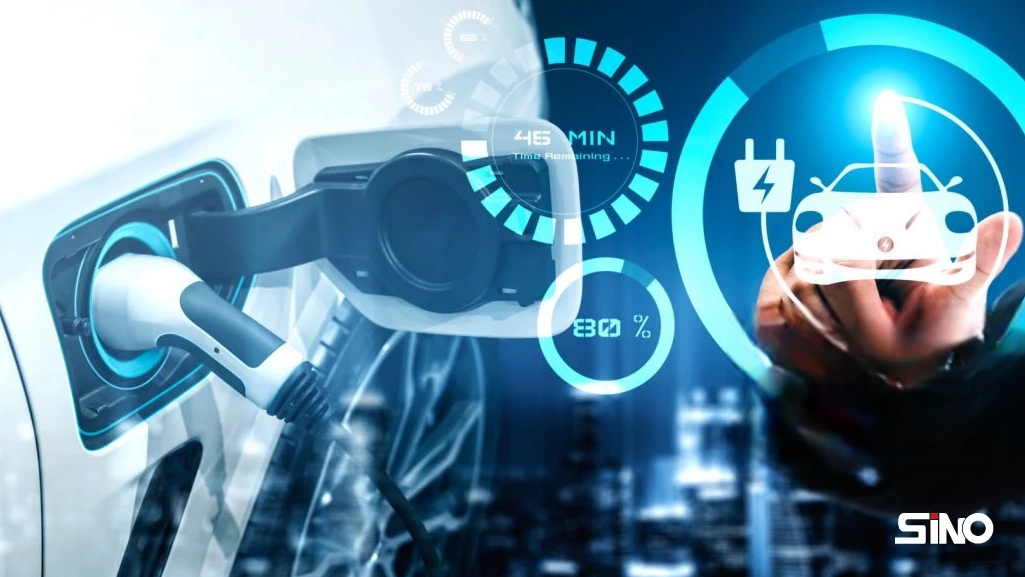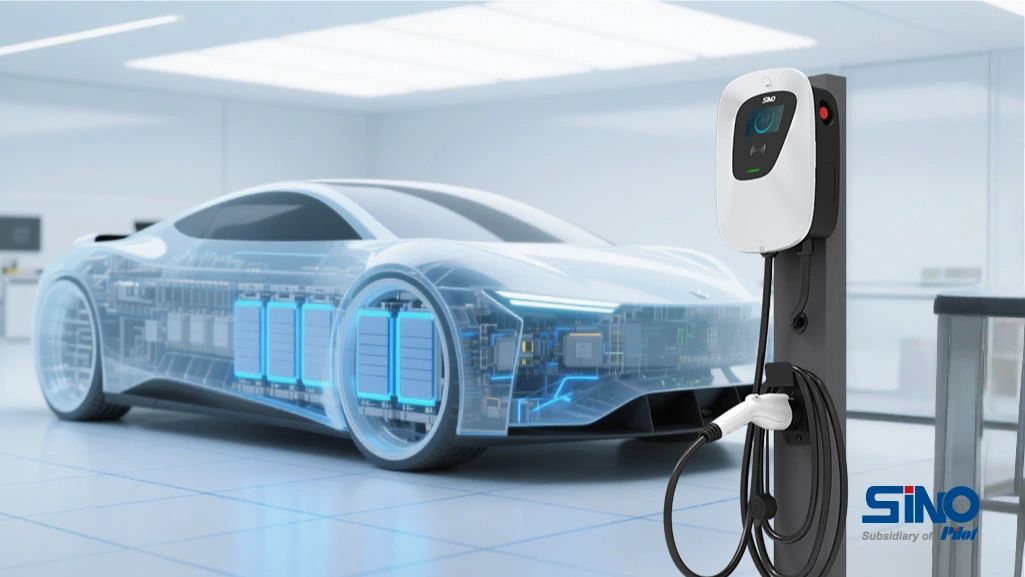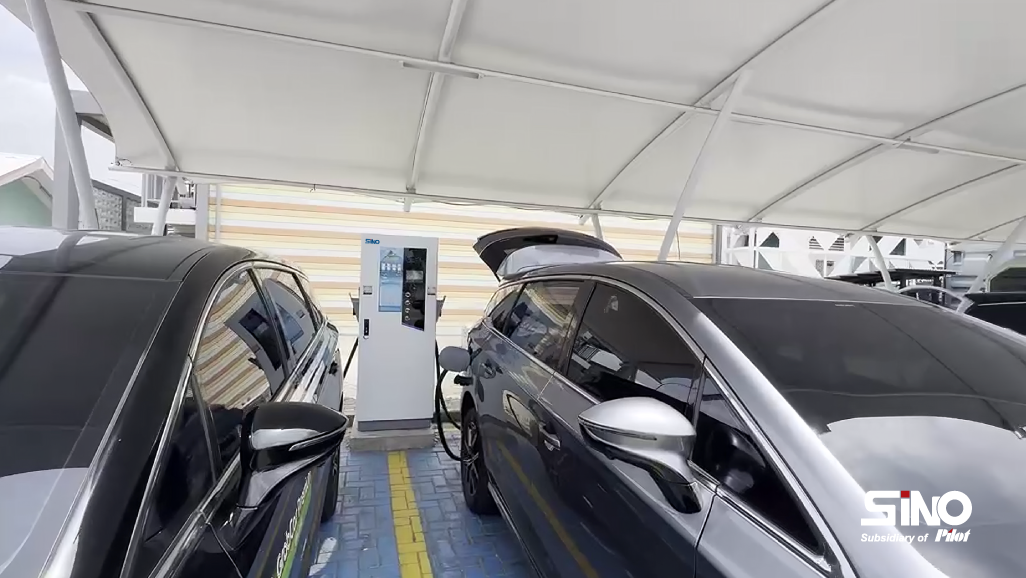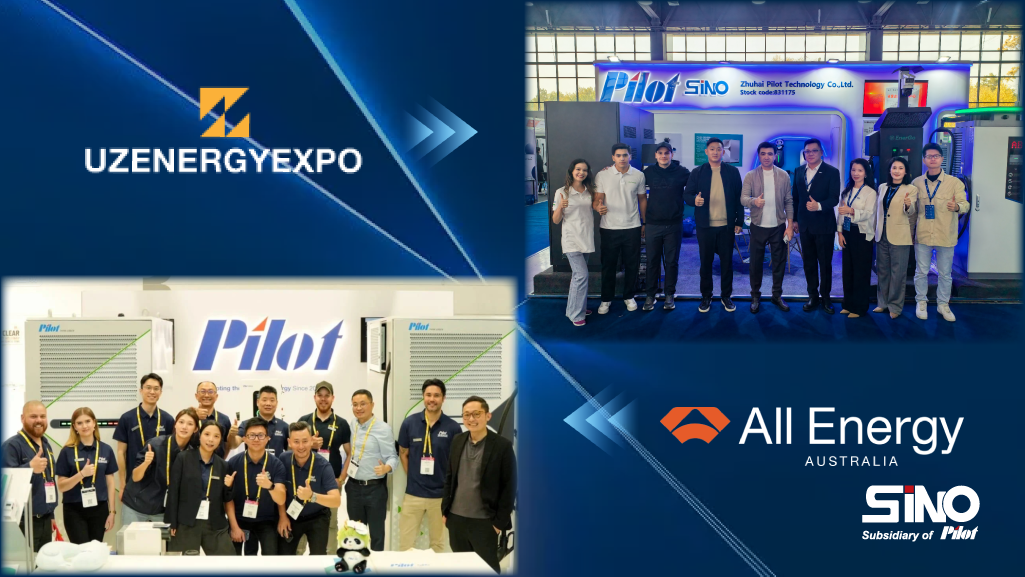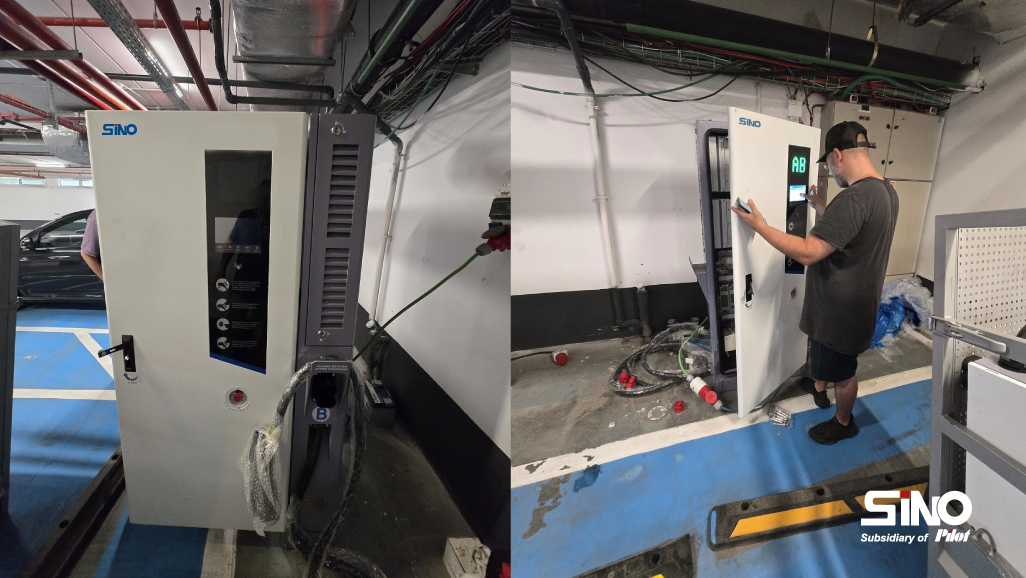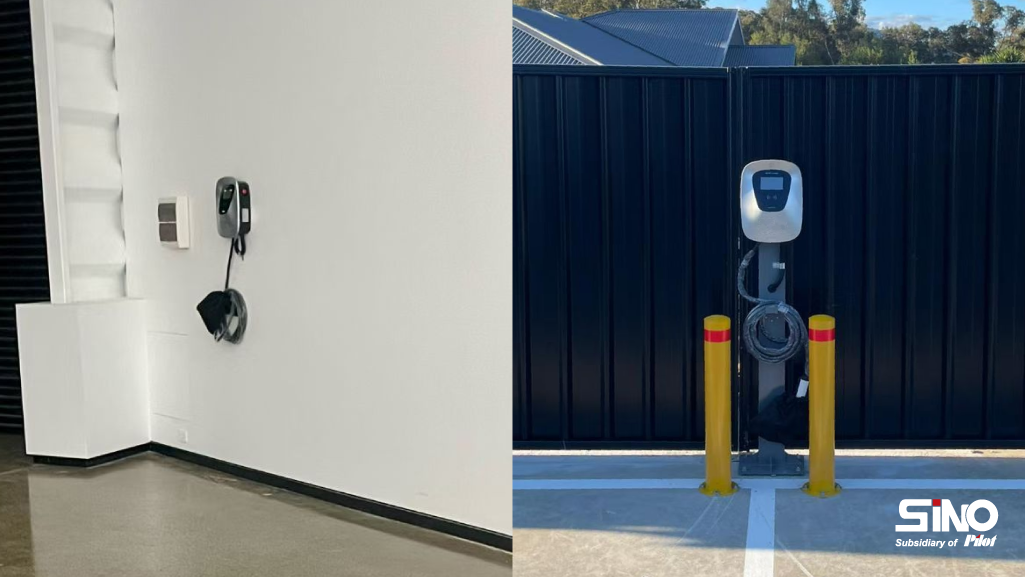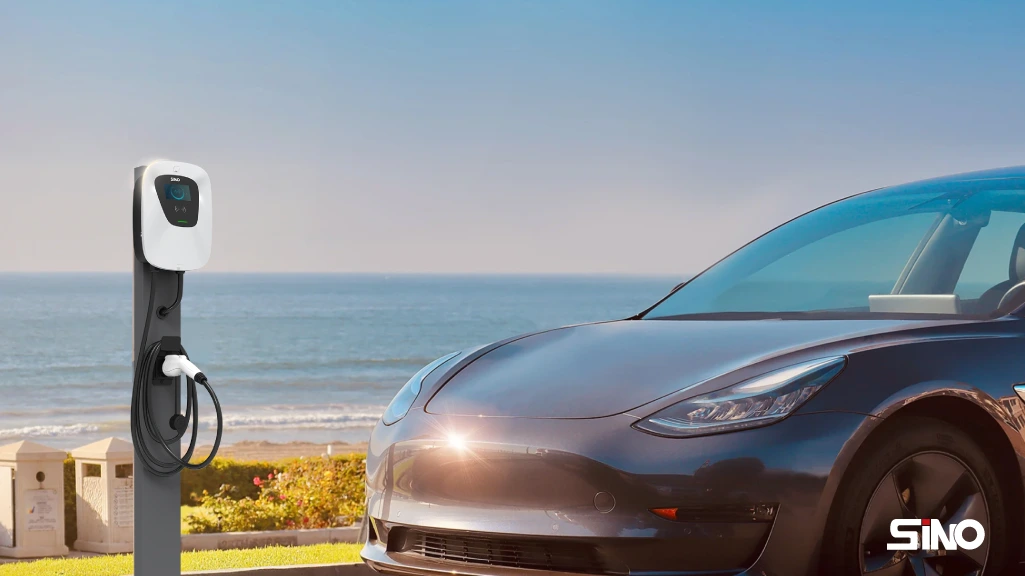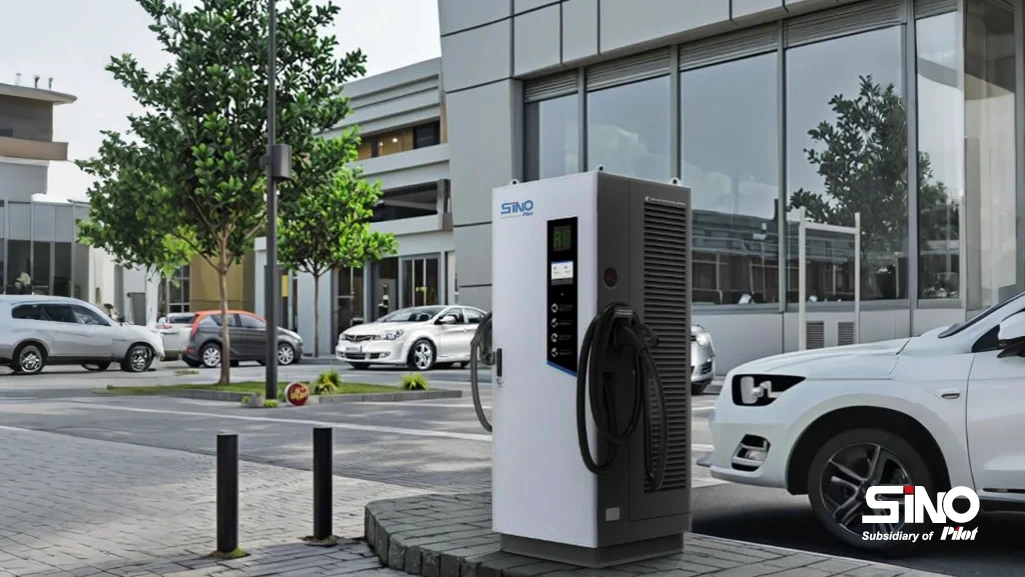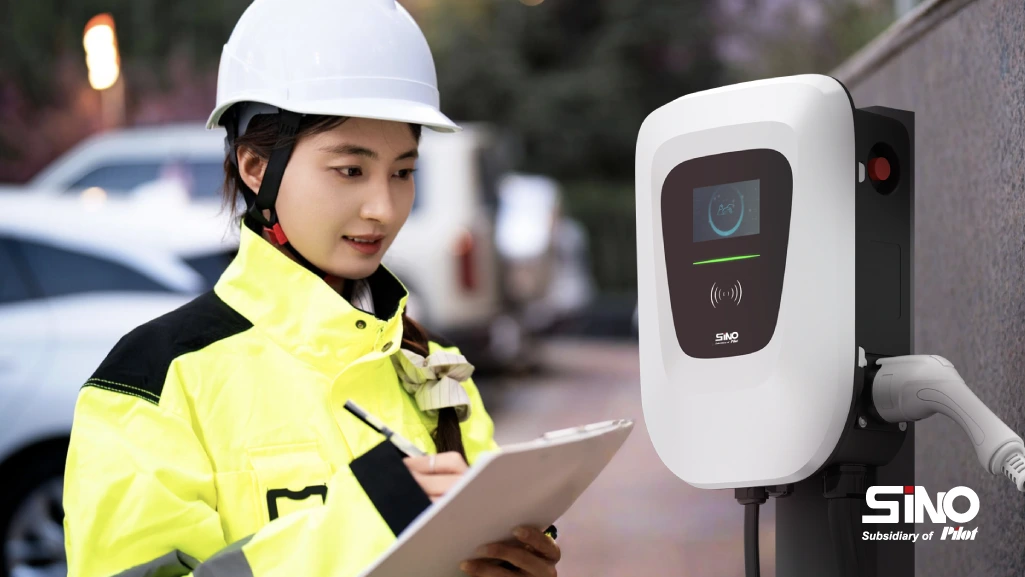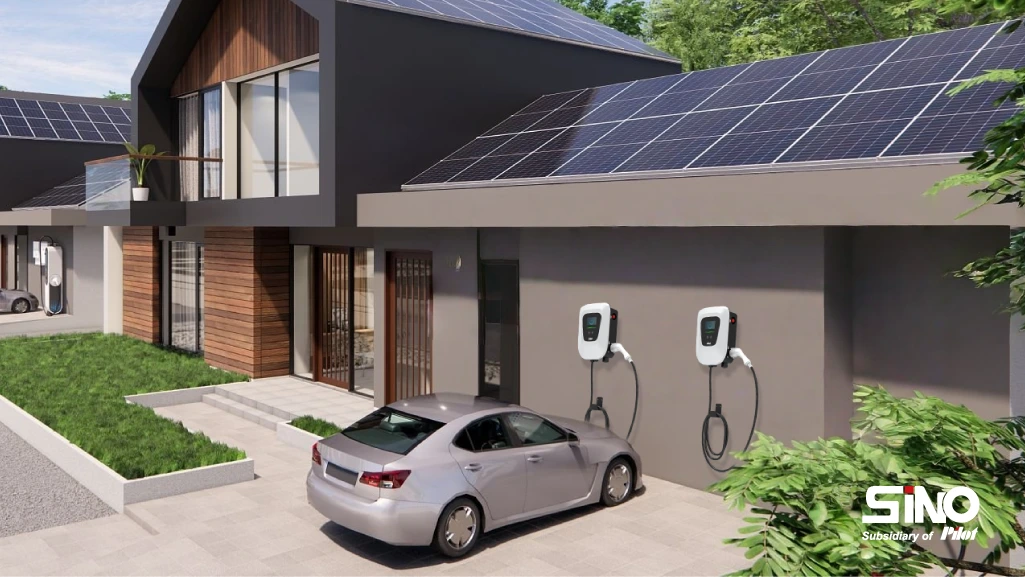With the rapid development of the electric vehicle (EV) market, the demand for smart shared charging stations is also increasing. In the future, smart shared charging stations will not only need to meet the charging needs of users, but also need to be optimized and innovated in many aspects such as technology, safety, business model and policy. The following are several key issues and the specific contents that need to be considered for future charge smart ev.
Key Issues and Considerations for Future Smart EV Charging
1. User experience and convenience
- Charging speed and efficiency: Future smart shared charging stations need to provide faster charging speeds to reduce user waiting time. For example, using DC fast charging technology can fully charge a vehicle in 30 minutes. Improving charging efficiency can not only improve user satisfaction, but also increase the utilization rate of charging stations.
- User interface design: An intuitive and easy-to-use operating interface is crucial to improving user experience. Future smart ev charging stations should be equipped with modern interactive methods such as touch screens and voice control, provide real-time charging status display and multi-language support, so that users can easily complete charging operations.
2. Technology integration and interoperability
- Compatibility: shared smart ev charger need to be compatible with various brands and models of electric vehicles, including passenger cars and commercial vehicles. This requires charging stations to support multiple charging standards, such as CHAdeMO, CCS, and GB/T, to meet the needs of different users.
- Intelligent management system: Using the Internet of Things (IoT) and artificial intelligence (AI) technologies, charging stations can be managed and monitored intelligently. For example, IoT sensors can monitor the operating status and environmental parameters of charging stations in real time to detect and solve faults in a timely manner. AI can help optimize charging strategies, automatically adjust charging time and power according to user habits and electricity price fluctuations, and reduce charging costs.
3. Data security and privacy protection
- Data encryption: As ocpp smart charging collect and process a large amount of user data, data security becomes a top priority. Charging stations need to adopt advanced data encryption technologies, such as SSL/TLS protocols, to ensure the security of user data and transaction information during transmission and storage.
- Privacy policy: Future smart shared charging stations need to formulate and comply with strict privacy policies to ensure that user data will not be abused or leaked. For example, user data should only be used to provide charging services and improve user experience, and should not be used for commercial purposes or shared with third parties.
4. Infrastructure construction and maintenance
- Site selection optimization: Through big data analysis, smart ev charger operators can select the best installation location to maximize user needs. For example, analyze user travel and parking data, determine the peak hours and areas of charging demand, optimize the layout of charging stations, and improve utilization.
- Maintenance and troubleshooting: Establish an efficient maintenance system to ensure the normal operation of charging stations. Future charging stations should have self-diagnosis and remote maintenance functions, which can automatically detect and report faults and reduce downtime. At the same time, operators should provide fast-response maintenance services to ensure that users can solve problems in a timely manner when they encounter them.
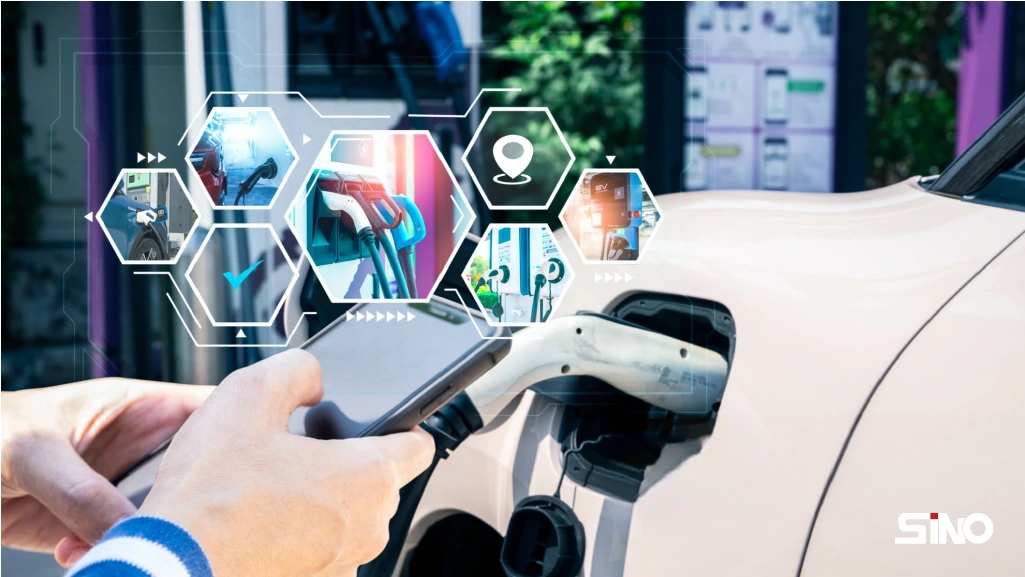
5. Business model and economic benefits
- Profit model: Smart shared charging stations can achieve profitability in many ways. For example, in addition to charging charging fees, they can also increase revenue sources by providing value-added services (such as vehicle maintenance and cleaning), advertising and data services.
- Partnership: smart ev charging stations operators should actively establish partnerships with automakers, energy suppliers and local governments to jointly promote the development of charging infrastructure. For example, work with automakers to provide whole vehicle charging solutions; work with energy suppliers to ensure stable power supply; work with local governments to obtain policy support and financial subsidies.
6. Energy management and sustainable development
- Green energy use: Future smart shared charging stations should give priority to the use of renewable energy such as solar energy and wind energy to reduce dependence on traditional power grids and reduce carbon emissions. For example, install solar panels on charging stations and use solar energy to directly charge electric vehicles.
- Grid load management: Smart charging stations should have grid load management functions to balance the load of charging stations on the grid and avoid overloading of the power system. For example, through the intelligent dispatching system, the charging power is dynamically adjusted according to the grid load to ensure stable operation of the grid.
7. Policies, regulations and standards
- Compliance: Smart shared charging stations need to comply with local policies, regulations and industry standards. For example, in China, charging stations need to comply with the national electric vehicle charging interface and communication protocol standard (GB/T 20234); in Europe, they need to comply with the EU electric vehicle charging standard (IEC 61851). Ensuring the compliance of charging stations will help improve user trust and market recognition.
- Standardization: Promote the standardization of ev charging stations technology and interfaces to promote industry development. For example, support and promote unified charging interface and communication protocol standards worldwide to reduce user adaptation costs and inconveniences and improve user experience.
Conclusion:
In the future, smart shared charging stations need to be optimized and innovated in multiple aspects such as technology, user experience, safety, business model and policy to meet the growing market demand and user expectations. By comprehensively considering these factors, smart shared charging stations will provide strong support for the popularization and sustainable development of electric vehicles.
Our Social
Facebook: www.facebook.com/sinoevc
Instagram: www.instagram.com/sinoevc
Linkedin: www.linkedin.com/company/sinoevse
Youtube: www.youtube.com/@sinoevc
Twitter: www.twitter.com/sinoevc

“Better Charging for Better Life”
—Zhuhai Sino Energy Technology Co.,Ltd.



